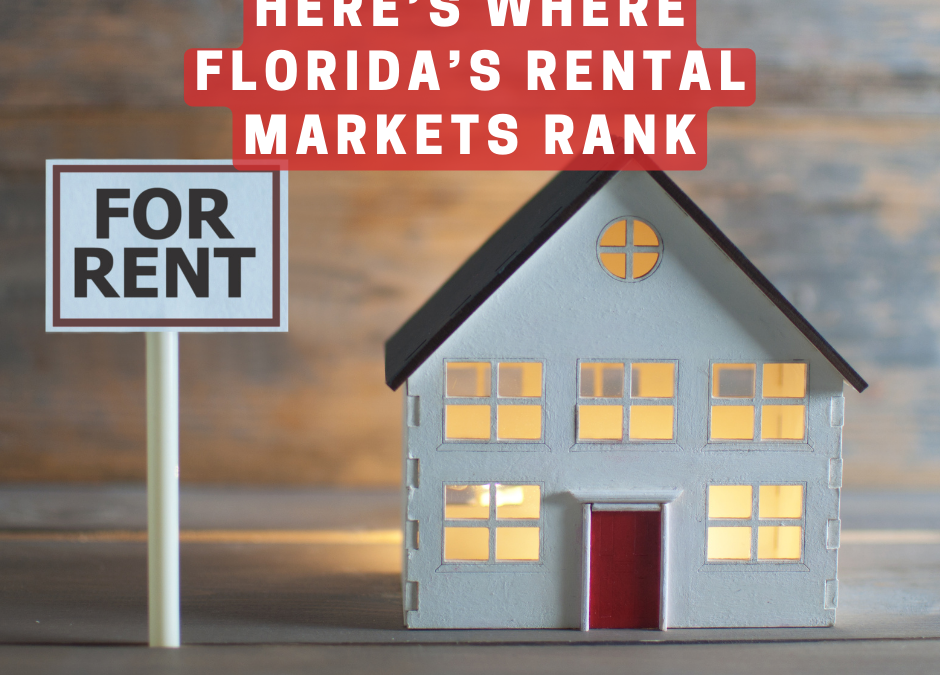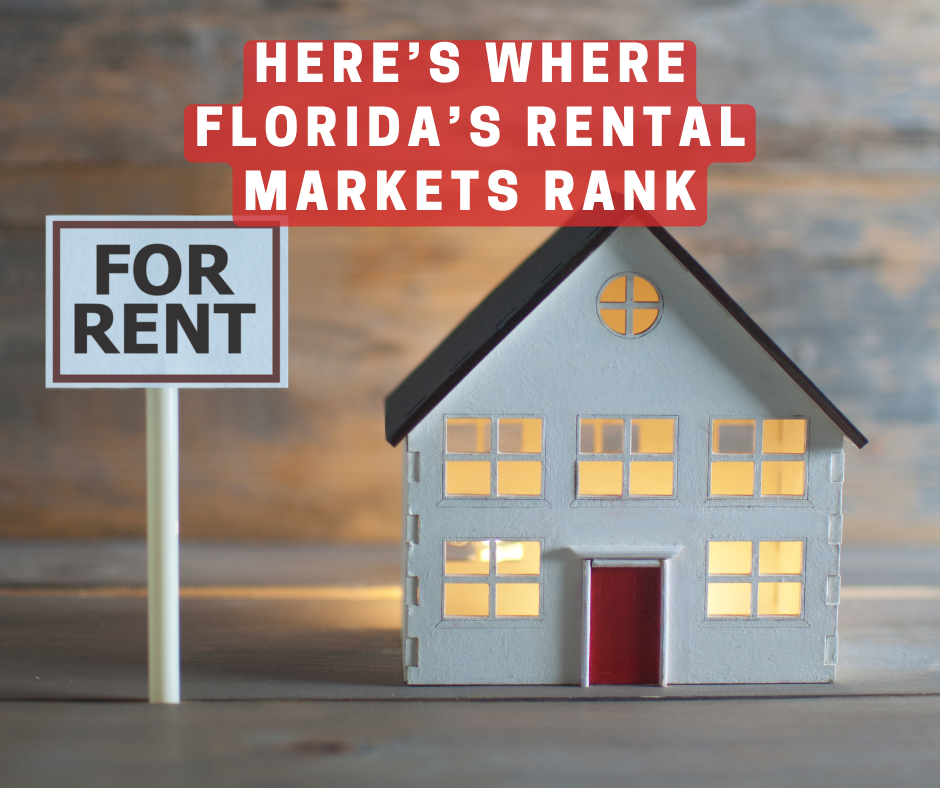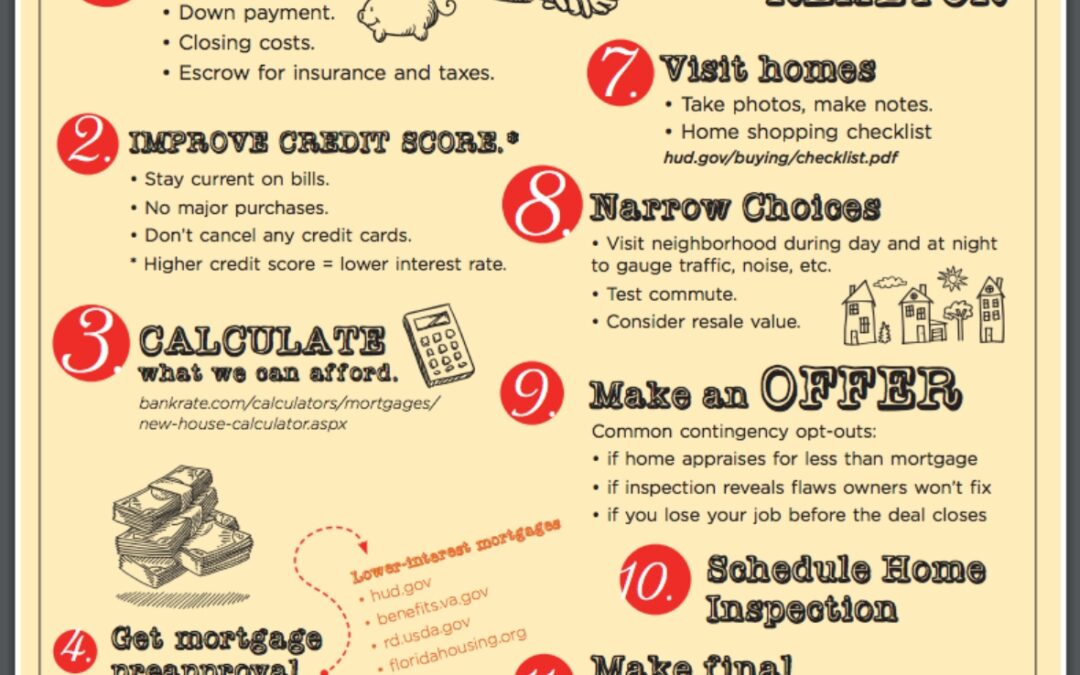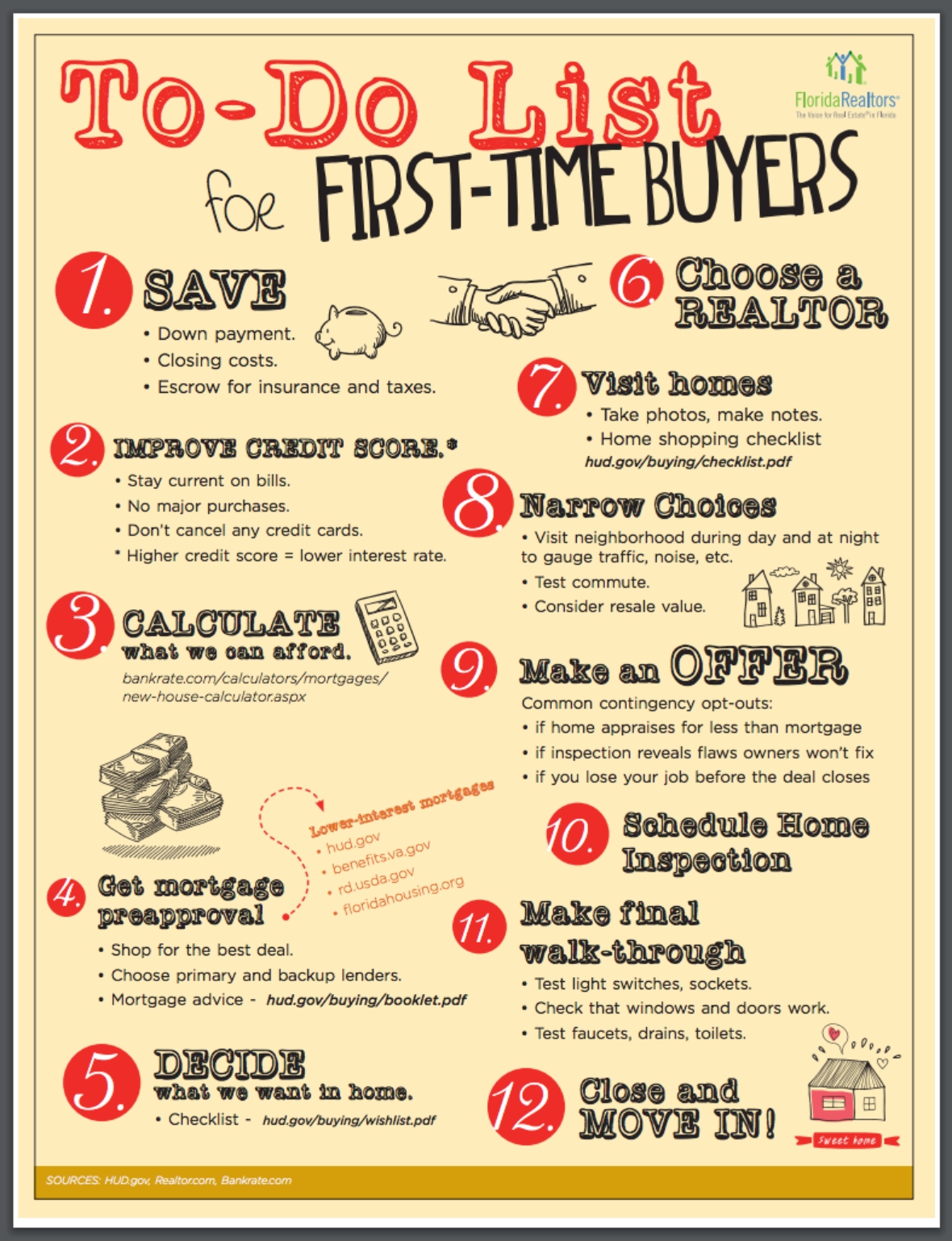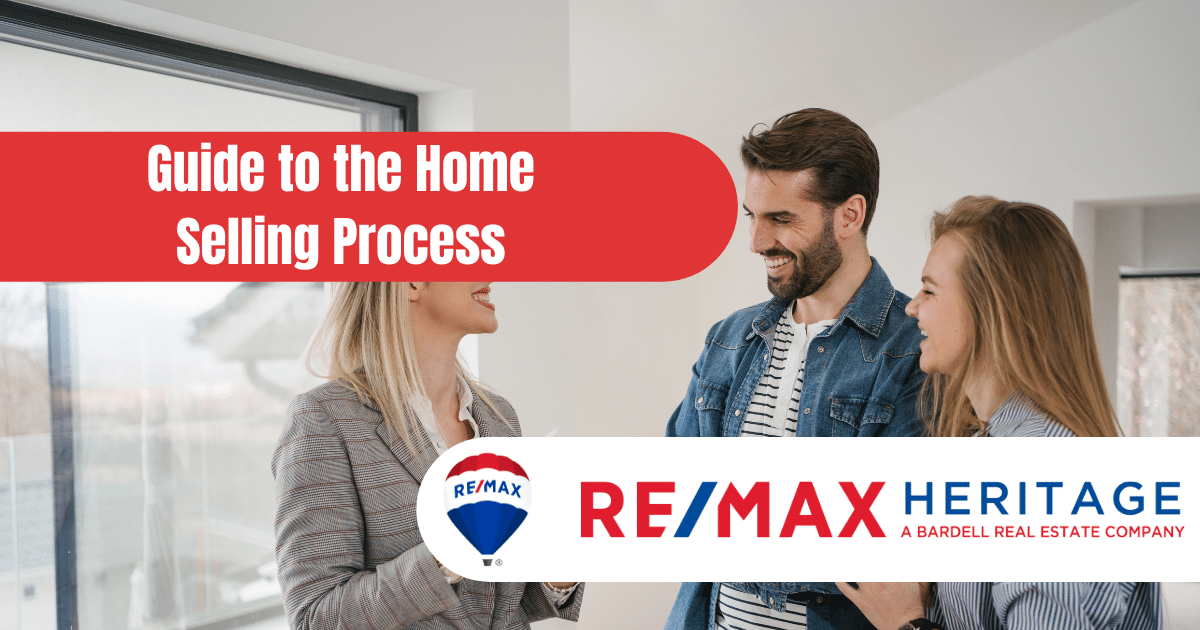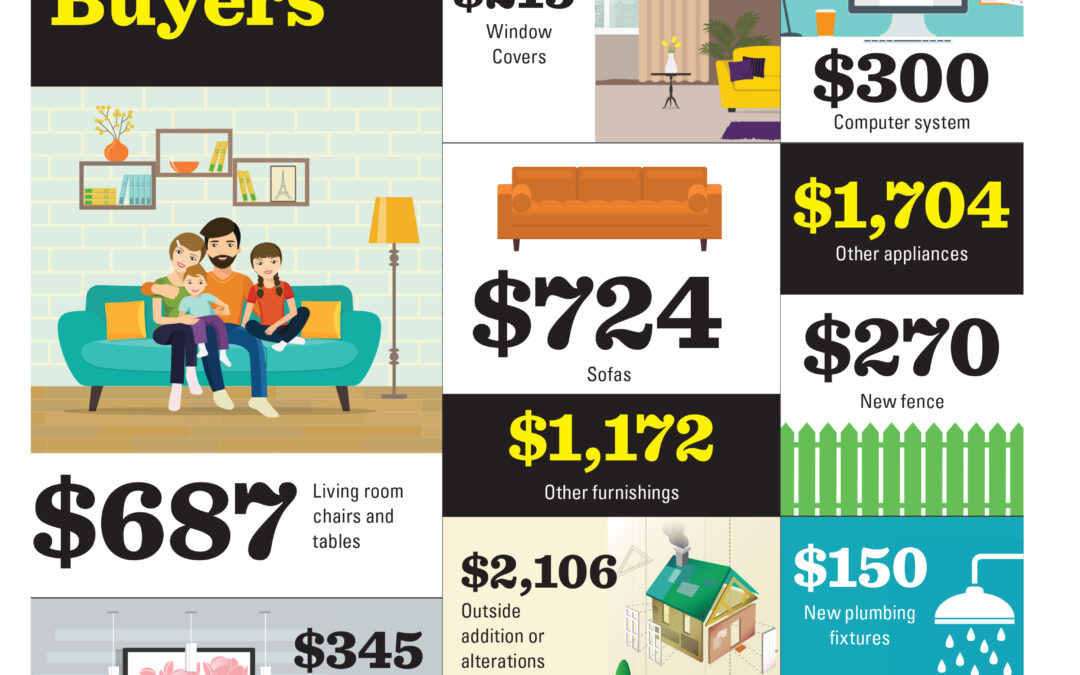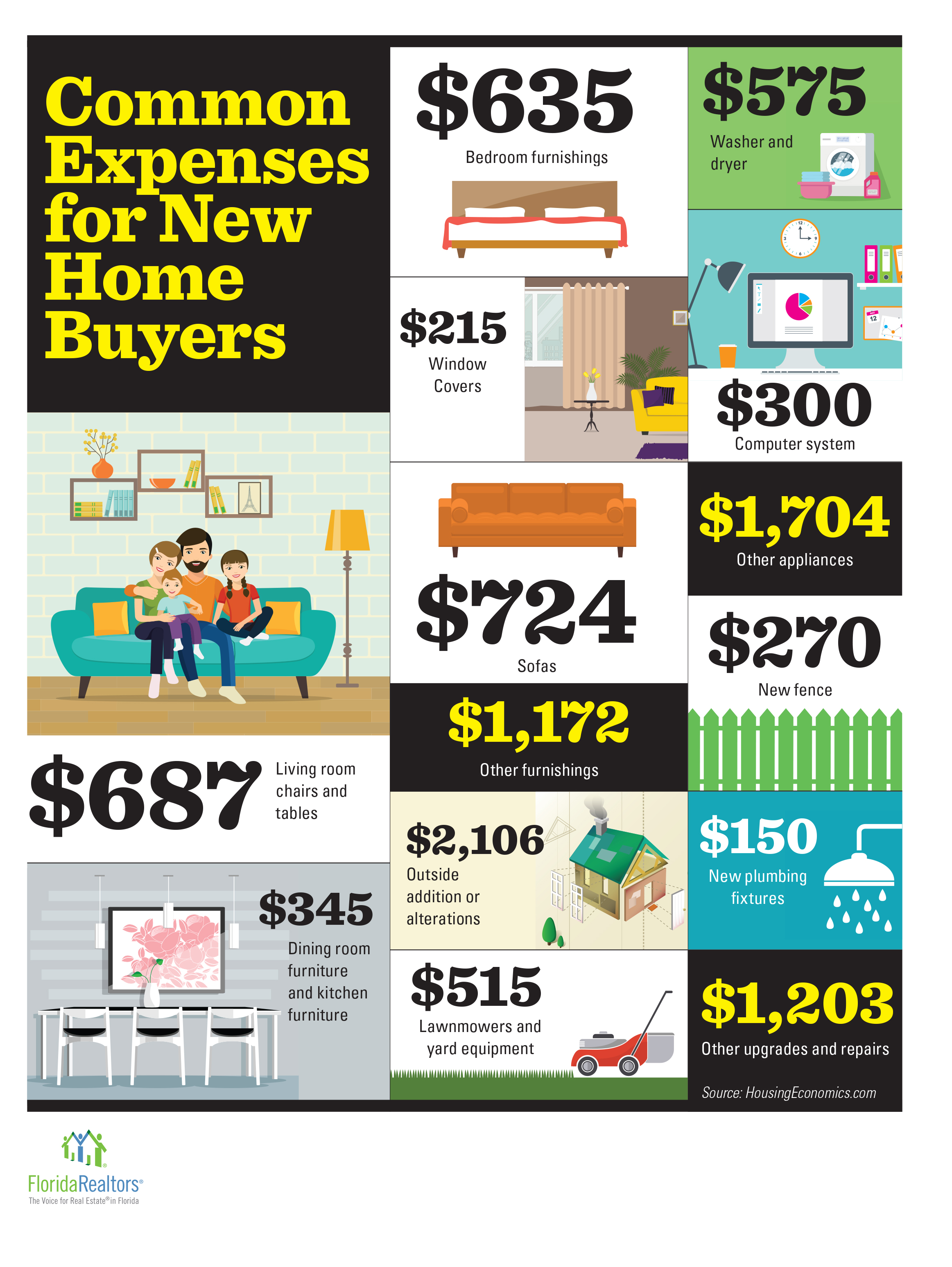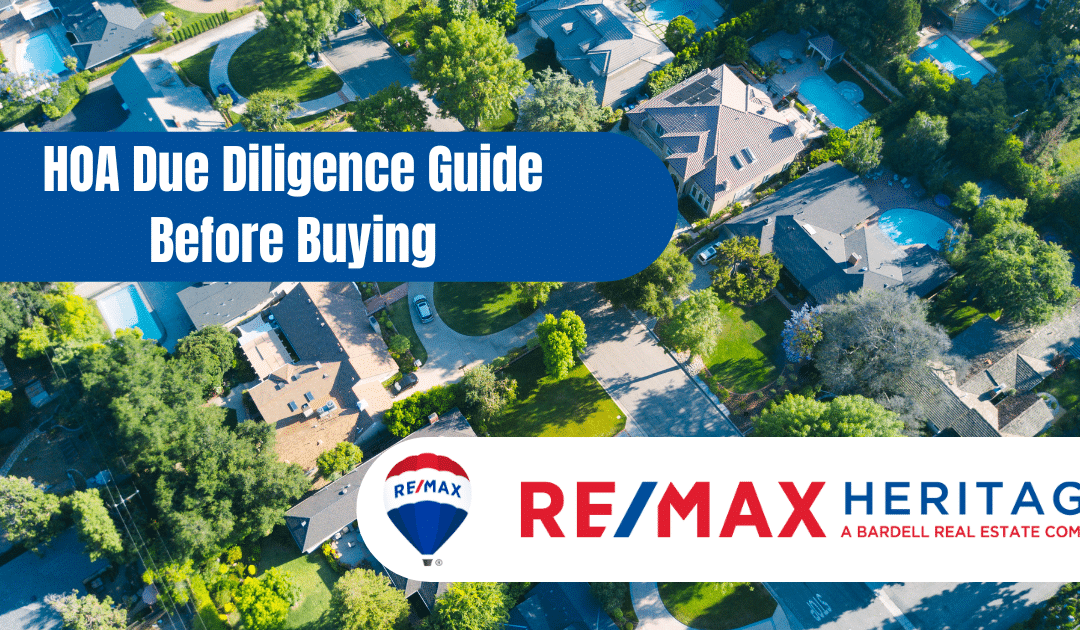
HOA Due Diligence Guide Before Buying
HOA Due Diligence Guide Before Buying
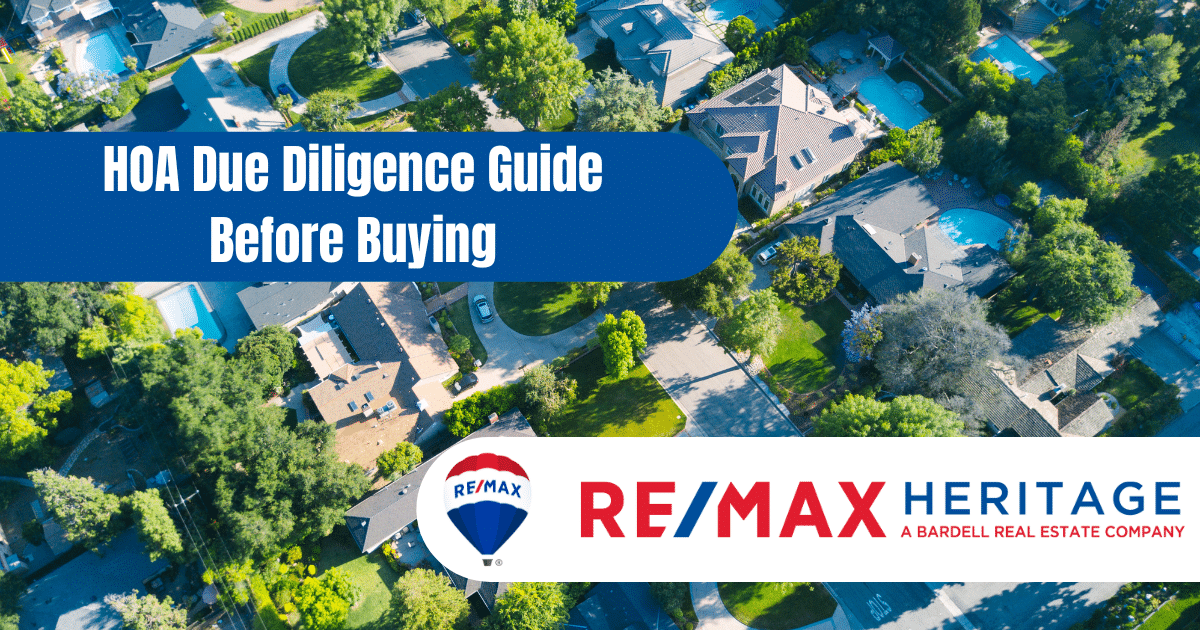
HOA Due Diligence Guide Before Buying
If you’re thinking about buying a home in a homeowners association, don’t worry, you’re not alone.
According to iProperty Management & Investments, more than half (53%) of homeowners have homes in HOAs, and around 4,000 new associations pop up each year.
Living in an HOA has its perks, no doubt.
“HOAs have rules and regulations that everyone in the community needs to follow to keep things in order. It’s actually pretty cool because they help maintain cleanliness and safety,” says Boyd Rudy, an associate broker at Dwellings Michigan in Plymouth, MI.
But let’s be real, some people aren’t huge fans of HOAs.
“Some folks find them too restrictive, not liking the idea of having to follow all these community rules,” Rudy adds. “At the end of the day, whether an HOA is right for you depends on what you prefer.”
Before you go all-in on an HOA home, it’s essential to know exactly what you’re getting into. To protect your investment and keep your peace of mind, here’s a handy guide on how to do your homework.
How to do due diligence on an HOA
When it comes to checking out an HOA, it’s crucial to start with some basic questions.
First off, have a chat with your real estate agent. They can give you the lowdown on the HOA’s authority, financial situation, and track record, which is super helpful.
Next, make sure to get your hands on the latest documents for a closer look. Just hit up the HOA directly and ask for them. You’ll want to check out their covenants, bylaws, recent meeting minutes, community rules, HOA financials, and the resale certificate.
If you want to be extra cautious and dig deeper, you can do some snooping in court records. Many judicial branches offer public access to court cases, and a quick online search using the association’s name can often give you some insights. You’ll be able to see if the HOA has a habit of being involved in lawsuits and whether those issues are reasonable or not.
Consider any restrictions
Before diving into a home associated with an HOA, it’s important to understand the do’s and don’ts.
Take a look at the governing documents to find out about any restrictions imposed by the HOA, advises Eyal Pasternak, founder of Liberty House Buying Group in Miami. These restrictions may cover various aspects such as renting out a property, pet ownership, home renovations, holiday decorations, and even rules regarding visitor hours.
Understand the financials
Living in an HOA comes with a fee, and they make that pretty clear upfront. But it’s important to know if there are any other expenses that might come your way.
HOAs are responsible for keeping the community looking good and maintaining property values. One way they do this is by pooling resources from homeowners to cover things like landscaping and road maintenance.
Sometimes, HOAs might also ask members to chip in for big-ticket items like a new clubhouse roof or repaving the parking lot. These contributions are usually mandatory, so it’s good to know what projects are in the pipeline that you might be asked to help finance.
And hey, there are some potential liabilities too.
If the HOA gets sued, you’ll want to know if you could be on the hook for legal fees and damages. Take a look at their insurance policy to make sure you’re covered too.
Chat with neighbors and look on social media
No matter how much you read the HOA’s documents, it’s hard to get a real feel for what the community is like.
Jeff Lichtenstein, president and founder of ECHO Fine Properties in Palm Beach Gardens, FL, suggests getting out there and immersing yourself in the community.
Take a stroll and strike up conversations with neighbors. Ask them about their experience living there and see if they know about any upcoming projects in the works.Sometimes residents may not be aware of rumors, but by talking to enough people, you might pick up on something.
Another good idea is to check if the community has a presence on social media. It can give you a glimpse into the community’s activities and interactions.
When in doubt, have a lawyer or accountant review the documents
Even if you’re a pro at reading contracts, it’s wise to have someone whose expertise revolves around it to give a final review of the HOA’s governing documents, just in case there are any major issues.
According to Baron Christopher Hanson, a real estate agent with Coldwell Banker Realty in Stuart, FL, “It’s crucial to have a local real estate attorney thoroughly examine the prospective HOA from a legal standpoint within the state. A reliable attorney can uncover any serious red flags if the HOA has a solid, honest, and well-governed track record.”
Having an attorney with a keen eye for these matters can provide peace of mind and ensure that you’re fully aware of any potential concerns before making a decision.
Get to know the board
If you’re determined to settle into a community, it’s a good idea to establish a friendly connection with the HOA board. Your real estate agent should be able to introduce you and provide their contact information.
Take the time to get to know the board members. Building a relationship with them and making sure they know you can be really important when you need assistance. It not only expedites the process but also ensures that the fees you pay are worthwhile for the level of service you’ll receive.
Experts in Residential Real Estate in Orlando
If you are BUYING or SELLING real estate it’s quiet often the single most important financial decision you make. For the last 30 years we have helped clients buying and selling property in Orlando and the surrounding areas. Put simply, this means the knowledge and expertise accumulated over this time ensures our clients get the best representation possible.
Our experienced agents will help and guide you through the entire process providing valuable support every step of the way.
Ready to make a Move?
Bardell Real Estate are the experts in helping you with your selling, buying or renting needs near Orlando, Florida. Make your Disney area experience a forever memorable one. Call us now to speak to a real estate agent.
[formlift id=”36911″]



